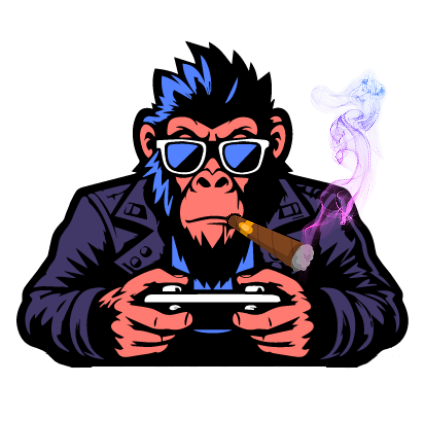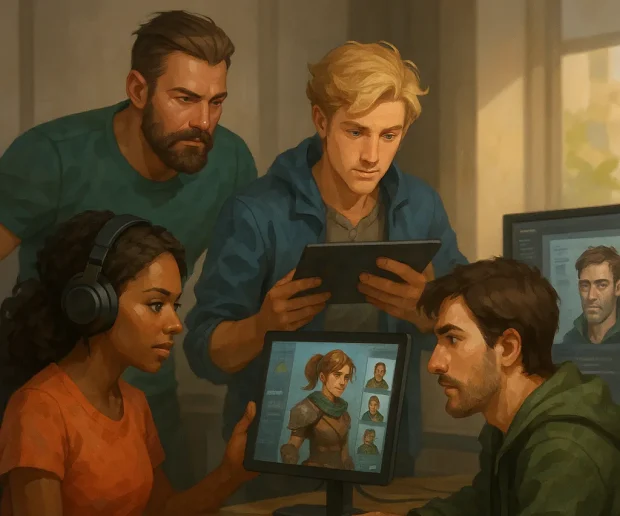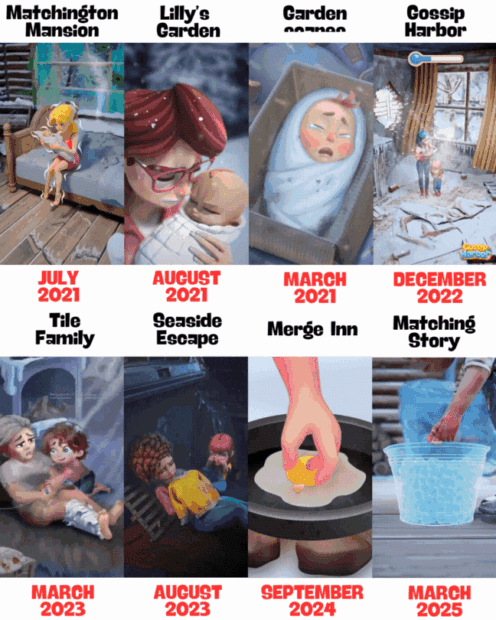
The games industry needs Africa’s untold stories now more than ever – but it can’t have them yet
Journal 35 Isa Muhammad January 16
Africa’s history, myths, and stories are incredibly rich. Across numerous cultures, there are tales of gods, heroes, and warriors passed down through generations.
These stories, full of lessons and meaning, have inspired oral traditions, books, movies, and TV shows. However, one area still largely untapped is video games, where African stories could really stand out globally if done well.
If we look to the West, games like God of War, Hades, Hellblade, and Assassin’s Creed: Valhalla have done well by using mythological stories, especially those about gods and heroes. Themes like gods being overthrown or mortals gaining divine powers are ideas that connect with many cultures worldwide.
One game that stands out in the conversation about untold stories is Black Myth: Wukong. Inspired by Chinese folklore, its success shows there’s a global interest in games based on mythology. It proves that ancient myths and traditions can drive the creation of modern, engaging video games.
It’s worth asking
While these games captivate players, the question is: Why aren’t African myths and heroes featured in video games? Where are Africa’s mythological stories in this space? For a continent with a rich tapestry of folklore, gods, and legendary heroes, the absence of more African stories in the gaming world is glaring.
A great example of a story that could make a powerful game is Ijele: Son of the Masquerade, a popular Nigerian film from 1999. It tells the story of a warrior who battles gods, journeys through an evil forest, and faces tough challenges to protect his loved ones.
This story could easily translate into a captivating video game and for millions who grew up watching Ijele, seeing this story come to life in an interactive medium would be a deeply nostalgic experience.
So, why isn’t Africa turning more of its rich stories into video games? Why aren’t we seeing more African protagonists or stories based on African traditions and myths? Some frustrating reasons are holding the continent back, and I’ll explore them.
The persistent investment issue
Unlike the West or Asia where the gaming industry gets strong support from big studios and investors, Africa’s game industry often works with limited budgets.
Game Science, the team behind Black Myth: Wukong, for instance, didn’t have everything figured out at the start—it took years of hard work and major financial backing from multiple investors (including Tencent) to make the game. Africa lacks the large-scale funding needed to turn these ideas into polished products.

Where’s the resource and access to good tech?
While technology is rapidly advancing in Africa, many developers still struggle to access the expensive tools and platforms needed for game development.
Sure, this is where funding comes in. But hang on a bit, say Africa had the necessary backing, does it have the talent to create a triple-A game? Does it even have to be a triple-A game? Perhaps not. Still, the lack of access to these tools is one issue, but there’s also a shortage of specialised skills needed to produce games that meet international standards.
Please make games for Africans first
Unlike other parts of the world, Africa does not yet have a strong, unified gaming identity. Before Africa can share its stories with the world, it needs to first create games that connect with its people.
With so many different cultures and languages, developers should focus on making games that appeal to Africans. Once they build a strong local fan base, they’ll be in a better position to share their unique stories with a global audience.
Many gamers in the region can probably count on one hand how many games they’ve played that’s made by African developers (if any!). But that’s mostly because there just aren’t enough high-quality games coming out of the region that’s ACTUALLY WORTH PLAYING.
I bet many gamers in the region can count on one hand the number of games they’ve played on their console or PC or mobile that’s made by an African developer (if any at all!). BUT! It’s mainly because there just aren’t enough good games coming out of the region that are worth playing.
So, why aren’t more African game studios telling these stories?
The short answer is that, like the music industry, Africa is missing the right mix of talent, investment, infrastructure, and global awareness. African game developers are skilled, but they need more resources, better infrastructure, and stronger support to bring their ideas to life.
Africa’s untold stories—of gods, heroes, and injustice—deserve a place in gaming. By sharing these stories, African developers could showcase the continent’s rich culture and connect with global audiences seeking fresh narratives. In time, these stories will no longer stay untold.
This article was first published at IsaKaba.







